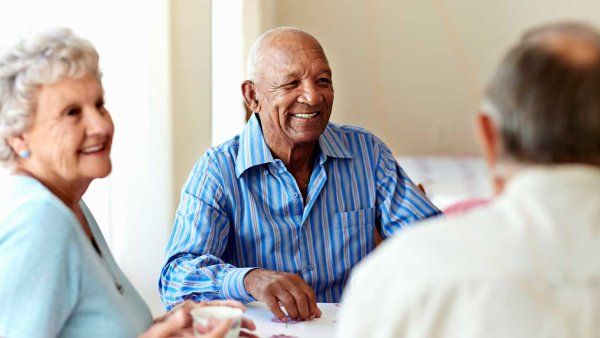Unmasking the Dangers: The Hidden Health Risks of Wildfire Smoke
Increasing wildfires means there is more wildfire smoke, which is particularly harmful for our bodies.
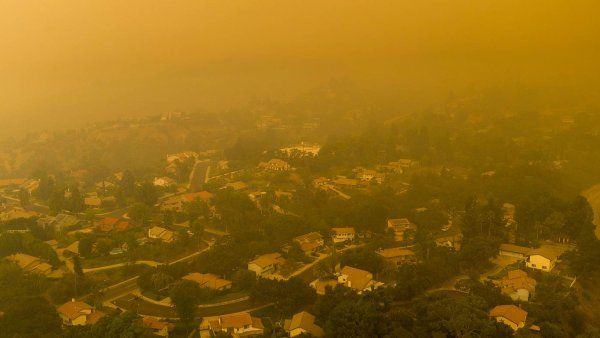
University of California San Francisco
Increasing wildfires means there is more wildfire smoke, which is particularly harmful for our bodies.

A new digital headset designed to measure alterations in brain function could change decisions about how quickly an athlete is ready to return to play after a concussion.
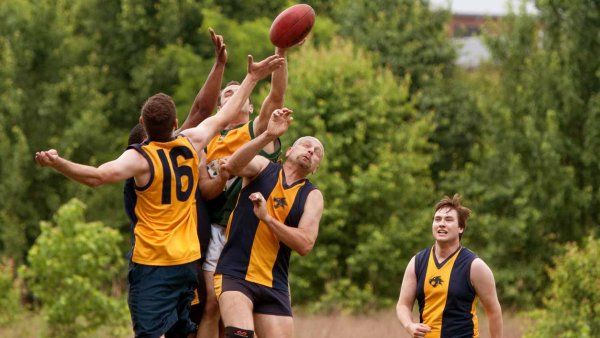
Long COVID symptoms can persist for a year after initial infection, or re-emerge months later after disappearing.

Benjamin N. Breyer, MD, MAS, FACS, a renowned leader in urology and urological surgery, has been appointed chair of the UCSF Department of Urology.

UCSF Benioff Children’s Hospital Oakland’s craniofacial clinic treats more than 400 children each year for head shape conditions with helmet therapy.
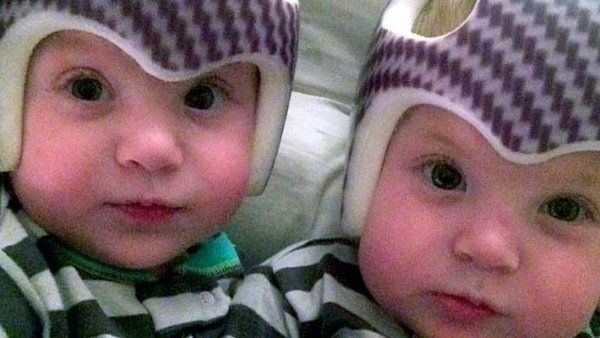
Three cheers! The American Heart Association has recognized UCSF’s Wellness Team and a number of other organizations across the U.S. “for their commitment to building a culture of health and well-being.” We’ll learn more about the honor and how the Wellness Team makes UCSF’s wellness their mission.
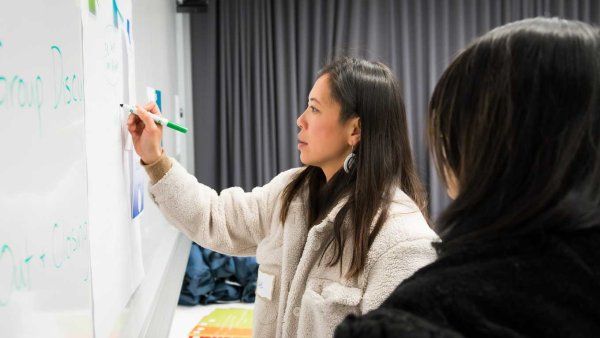
Adverse experiences early in childhood and early life have been linked to lifelong health consequences.
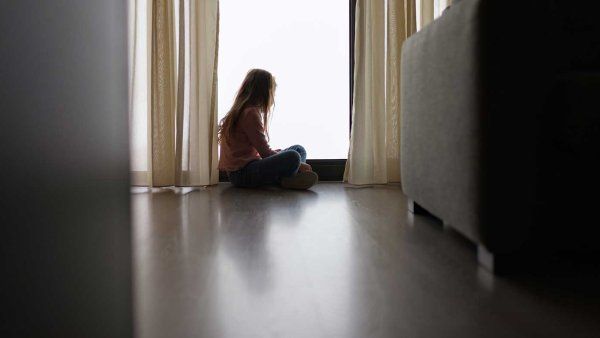
Three hundred families use UCSF Benioff Children's Hospital Oakland's Food Farmacy program, which offers fresh food at two food distributions twice a month.
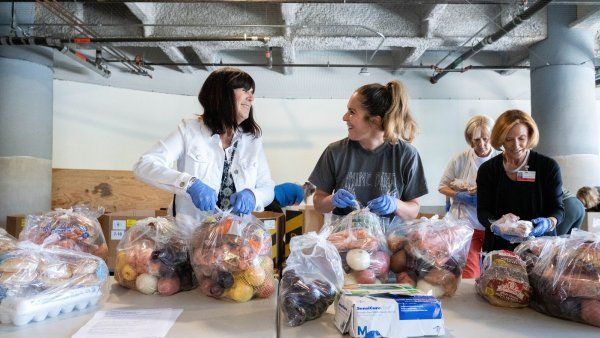
Millions of Americans with tobacco-related disease have symptoms that don't fit any existing tobacco-disease criteria

UCSF Medical Center has been ranked among the country’s best hospitals in adult care in U.S. News & World Report’s prestigious Best Hospitals survey.
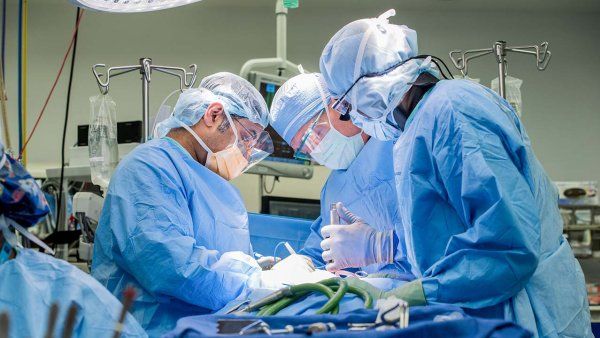
An experimental blood test that reflects injury to nerve cells from multiple sclerosis (MS) was found to work for children with MS and other neurological conditions, even when they are symptom-free.
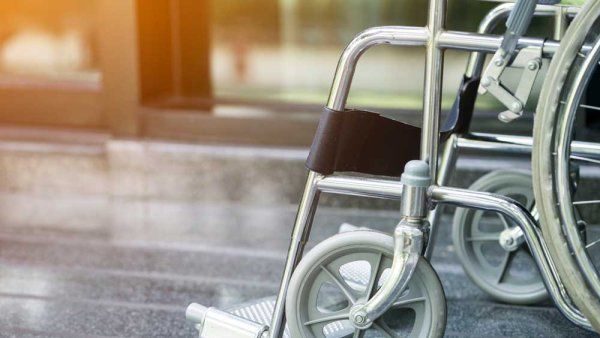
Members of the UCSF community living with disabilities share their stories to break down barriers, advocate for accommodations and reshape attitudes.

Mindy Hebert-DeRouen shares her experience living with Willis Ekbom Disease, otherwise known as Primary Restless Leg Syndrome, which causes severe sleep disorder.
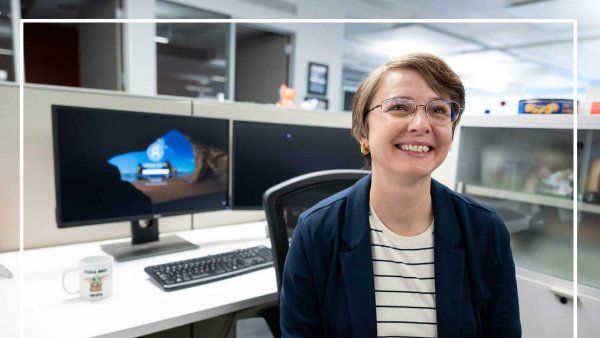
Toxic dust from artificial stone slabs popular in kitchen countertops in the U.S. is causing a rising numbers in lung disease among stone workers.
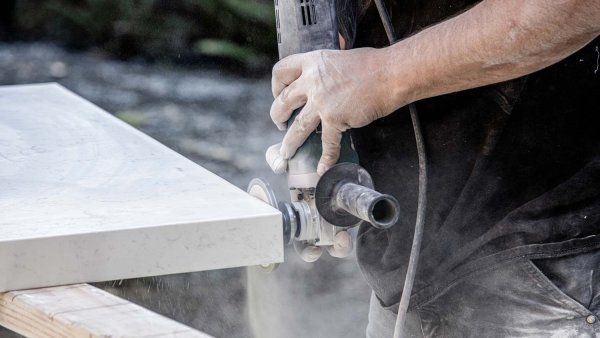
Taking daily medication can be a challenge for many, leading to increased viral load over time. Injectable therapies remove that challenge.
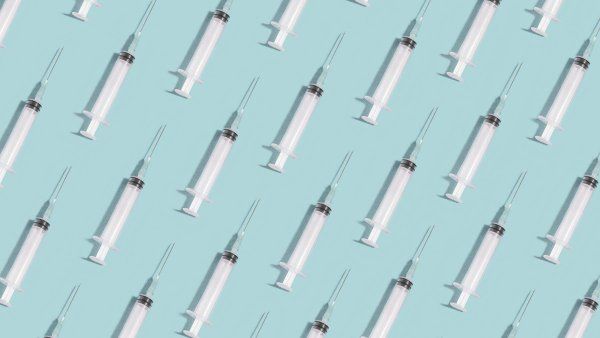
UCSF study found that acute kidney injury was found in patients with chronic kidney disease.

People looking to cut back on binge drinking alcohol can take a single pill of naltrexone right before drinking to curb consumption.
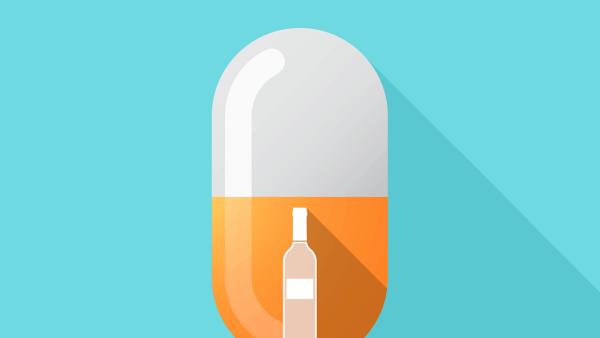
Ever since San Francisco's AIDS Walk began, UCSF was there.
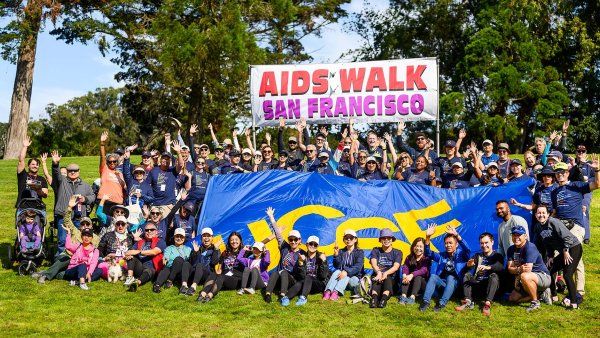
Improving predictive models with artificial intelligence may help advance diagnostics for heart disease and limit invasive testing with catheters that can be risky, especially for patients already experiencing heart and stroke issues.
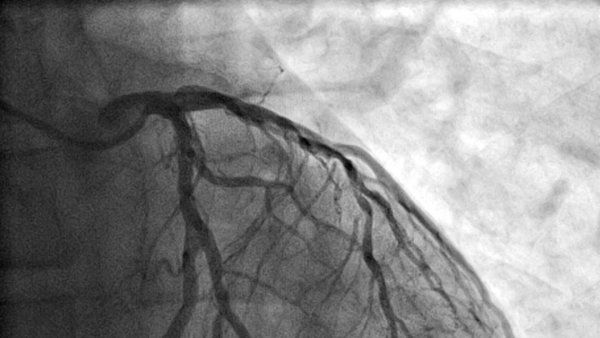
A common mutation can help people infected with the COVID-19 virus avoid developing any symptoms.
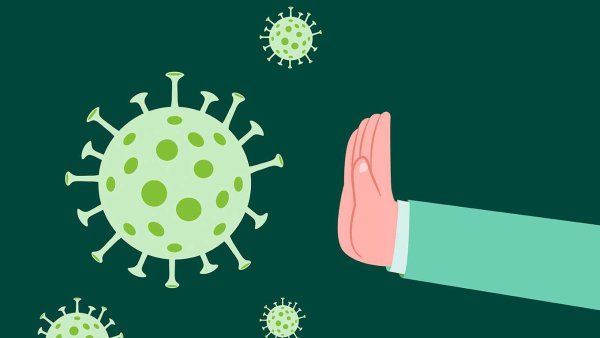
A new clinic will match Black babies with Black healthcare providers to improve outcomes for both moms and kids.
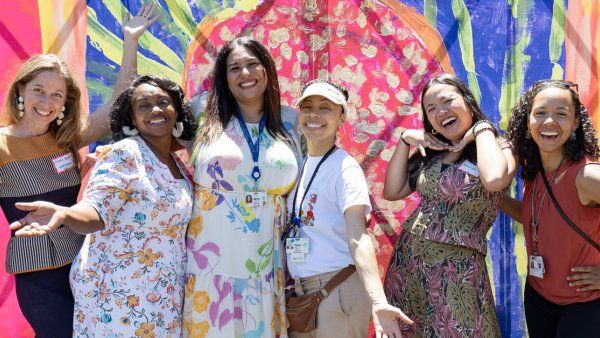
In this Q&A, UCSF experts offer tips on how to stay protected during heat waves, and how to be aware of treat heat-related illnesses.
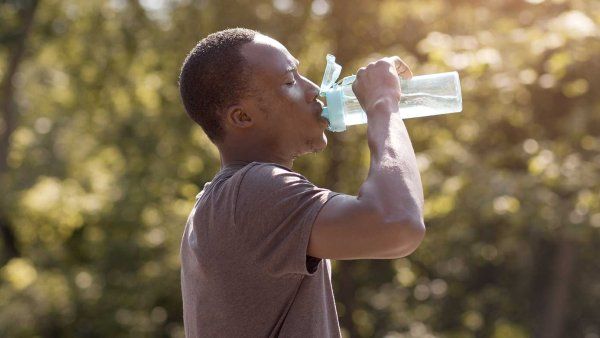
A new Alzheimer’s drug is expected to be approved by the Food and Drug Administration (FDA). However, the medication works best mostly for those in the earliest stages of Alzheimer’s.
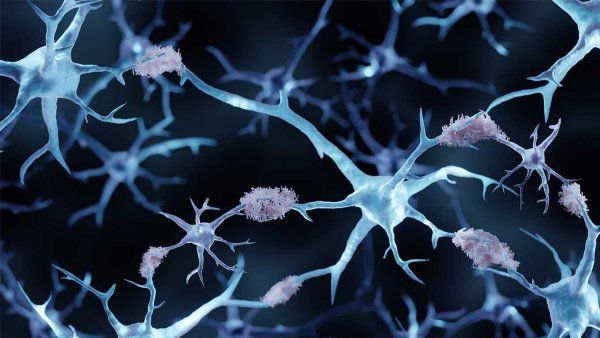
Deaths among older adults with dementia fell starkly in nursing homes and long-term care centers after COVID-19 vaccinations became available, but remained high for those living at home.
